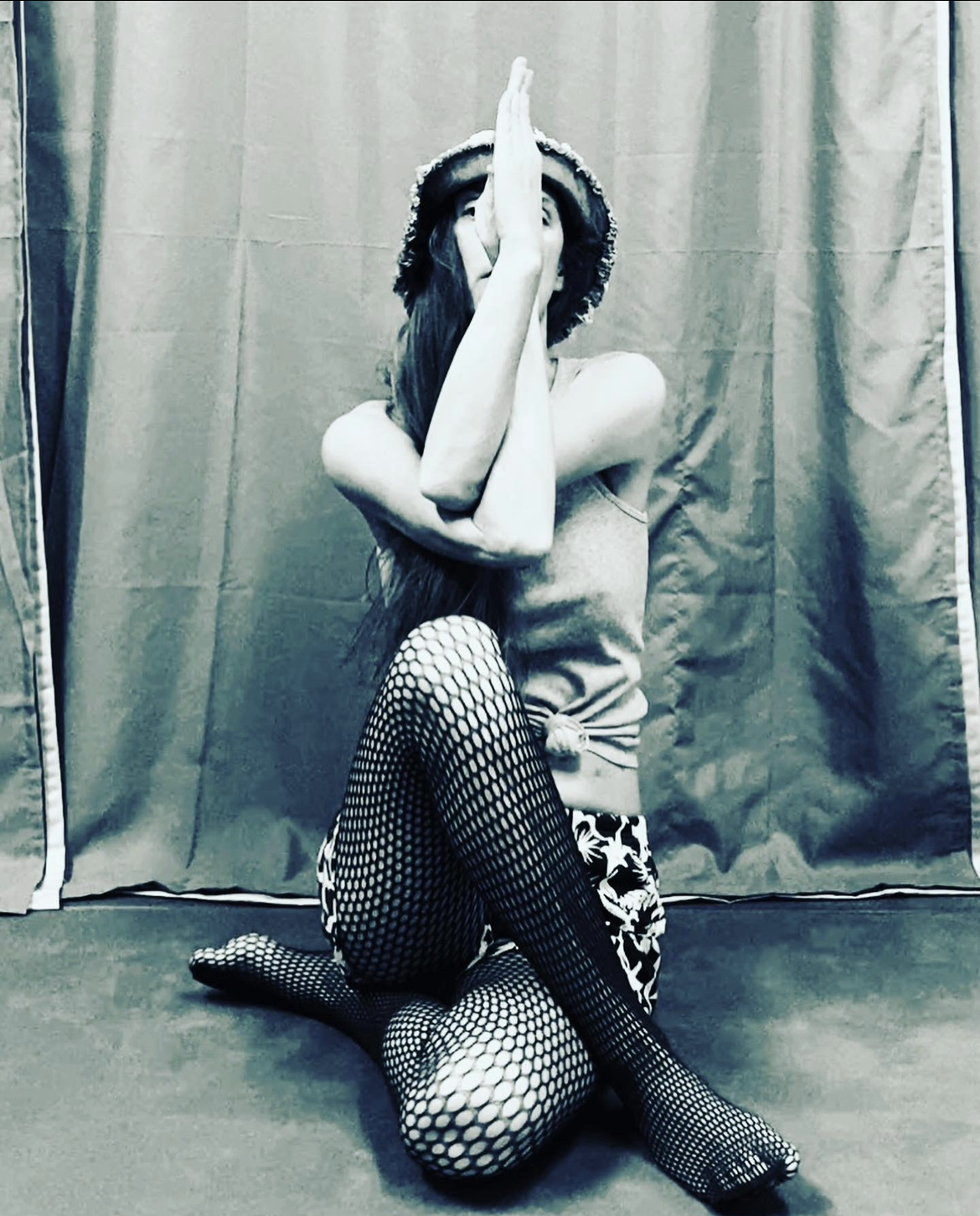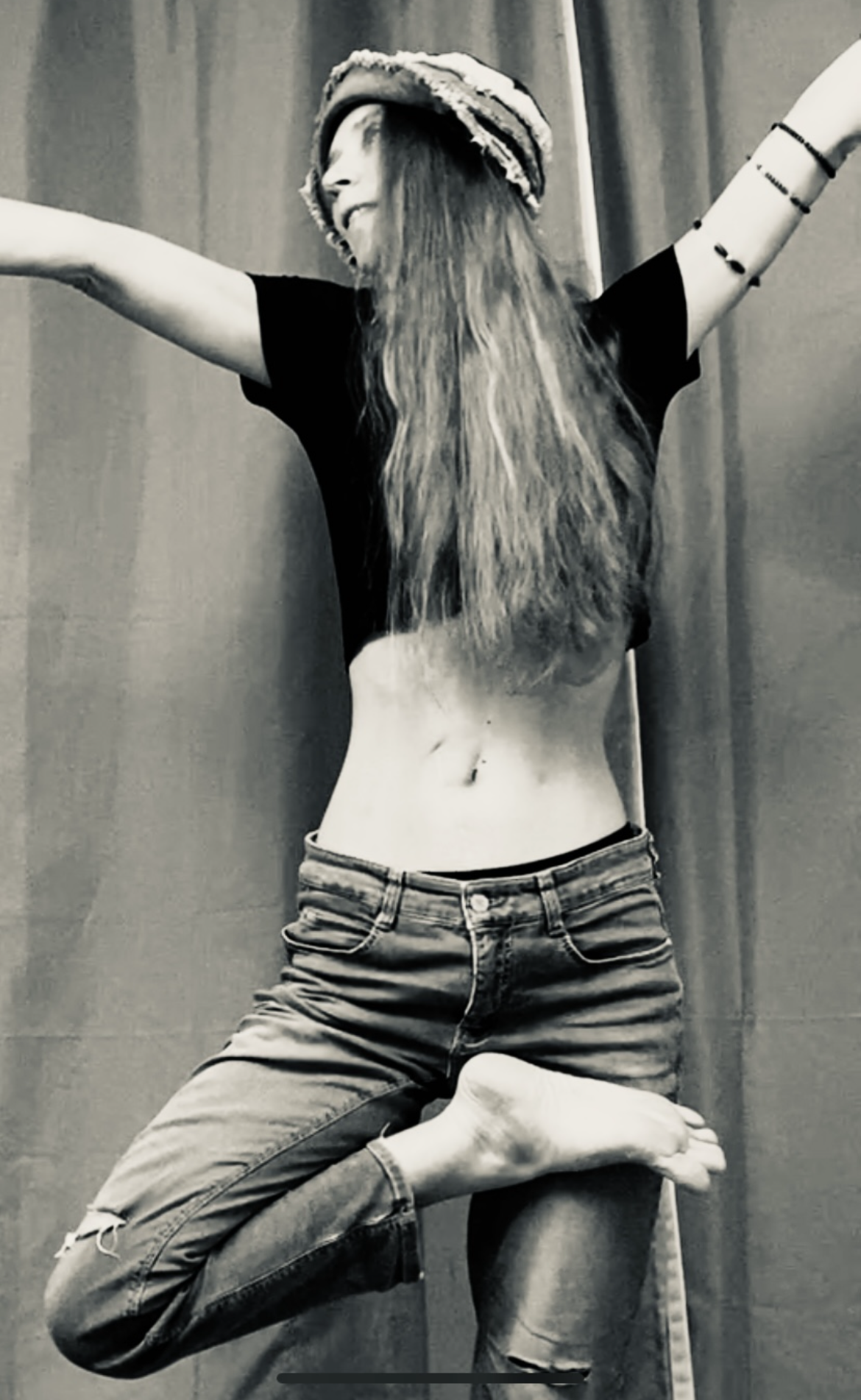Trauma Healing
How do you Notice As You’re Healing From Trauma?
Here are 6 of the most common things I’ve noticed as clients heal from trauma.
1. You Begin Feeling Your Emotions (Rather Than Minimizing Them)
- You allow yourself to cry (tears are a shower for the soul)
- You validate and more fully understand your emotions rather than try to fix or get rid of them
- Anger begins dissipating and decreasing (turns out sadness, loneliness, confusion, helplessness, and pain was underneath)
- See Anger Iceberg
2. Practicing Living Mindfully (Rather Than Mindlessly)
- Rather than doing things to distract, numb, or keep busy, you start from a place of intention and value.
- You ask yourself questions like:
- “What does my body need right now to rest and recuperate?”
- “Do I really want to take on this project right now if I really listen to myself?”
- “What would really happen if I disappoint other people and tell them no?”
- You start talking to yourself in ways like:
- “I wonder what’s really going on underneath my need to please others right now.”
- “This is really interesting. This pattern keeps happening over and over. Let me a pause and reflect on this right now.”
- ”It’s okay for me to make mistakes. I’m not my mistake. I can learn from this.”
- ”I don’t have to have all the answers to everything.”
- ”I’m really tired and fatigued. I might say no to that invitation tonight.”
- ”I really enjoy spending time by myself on the weekends. I want to do this more often.”
- ”I really enjoy spending time with other people on the weekends. I want to do this more often.”
3. Your Body Releases Tension & Trauma
- You have less somatic issues (headaches, migraines, stomachs, stress, fatigue)
- Your body softens and relaxes because you are learning to establish safety in your body
- You’re more welcoming of touch like hugs/embraces from other people (especially those you care about and trust)
- You understand somatization: that some of your physical symptoms are a result of mental health or psychological issues (e.g. trauma, depression, anxiety)
4. You Reach Out More For Support & Ask For Help (Rather Than Isolating)
- You slowly allow more people into your emotional inner life (your walls starts falling down)
- You begin asking for your needs and wants (rather than assuming others can read your mind)
- You begin understanding your needs and wants (rather than focusing on others’ needs and wants)
- Perhaps you share more vulnerable parts of yourself with others
- You allow others to see you cry, frustrated, sad, grieving, and helpless (humanizing yourself as perfection doesn’t exist)
- You begin to shift the core belief of self-reliance into interdependence, community, and connection (it’s nice to spend time with certain people rather than being alone all the time)
5. You Stop Reacting Less (And Start Reflecting More)
- You stop laughing at your traumas (You learn laughter shrinks you and a way to distract from pain)
- Your triggers begin to guide you toward healing (rather than control and manage you; you understand where the triggers come from, what you need, and how to interrupt the cycle of sabotage)
- You begin understanding your triggers, vulnerabilities, and stressors (and make an actionable plan moving forward)
- You learn how to differentiate between danger, safety, and trust (especially in your body, rather than just relying on your brain/head/logic all the time)
- You begin learning to live in the moment (rather than the past or the future; you begin slowing down and enjoying the little things)
6. You Start Grieving For What You Never Had
- Because you allow yourself to feel and emote more, you are able to understand the concept of the inner child
- You begin to tap into your inner child and wonder what they desperately crave and desire and since others may be unable or unwilling to give them to you, you begin the process of re-parenting your inner child
- With grief comes rage, anger, and indignation
- See Ambiguous Loss
This certainly is not an exhaustive list of what to expect when healing from trauma. Know that your journey is unique to you, your identities, and your experiences.



